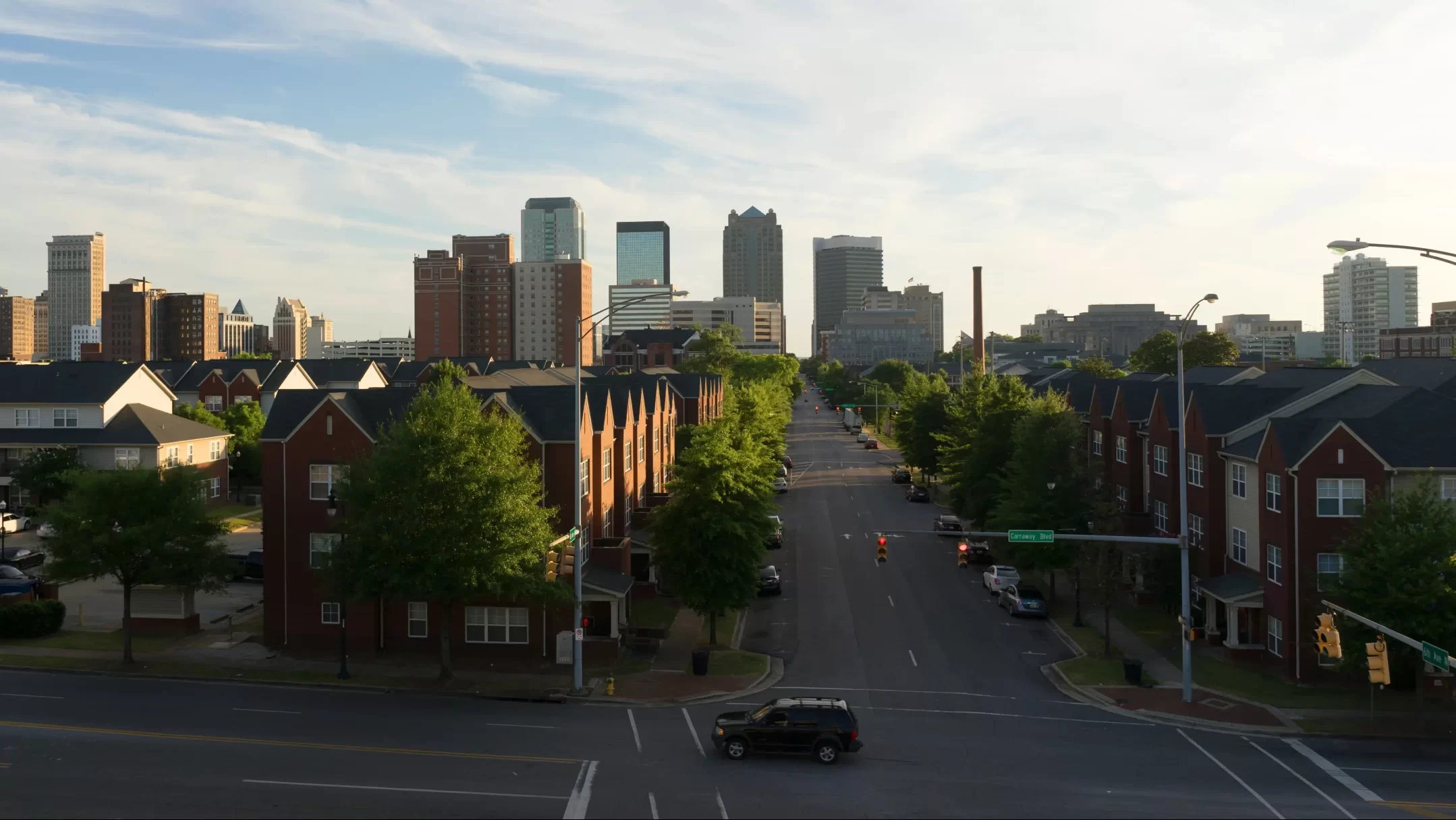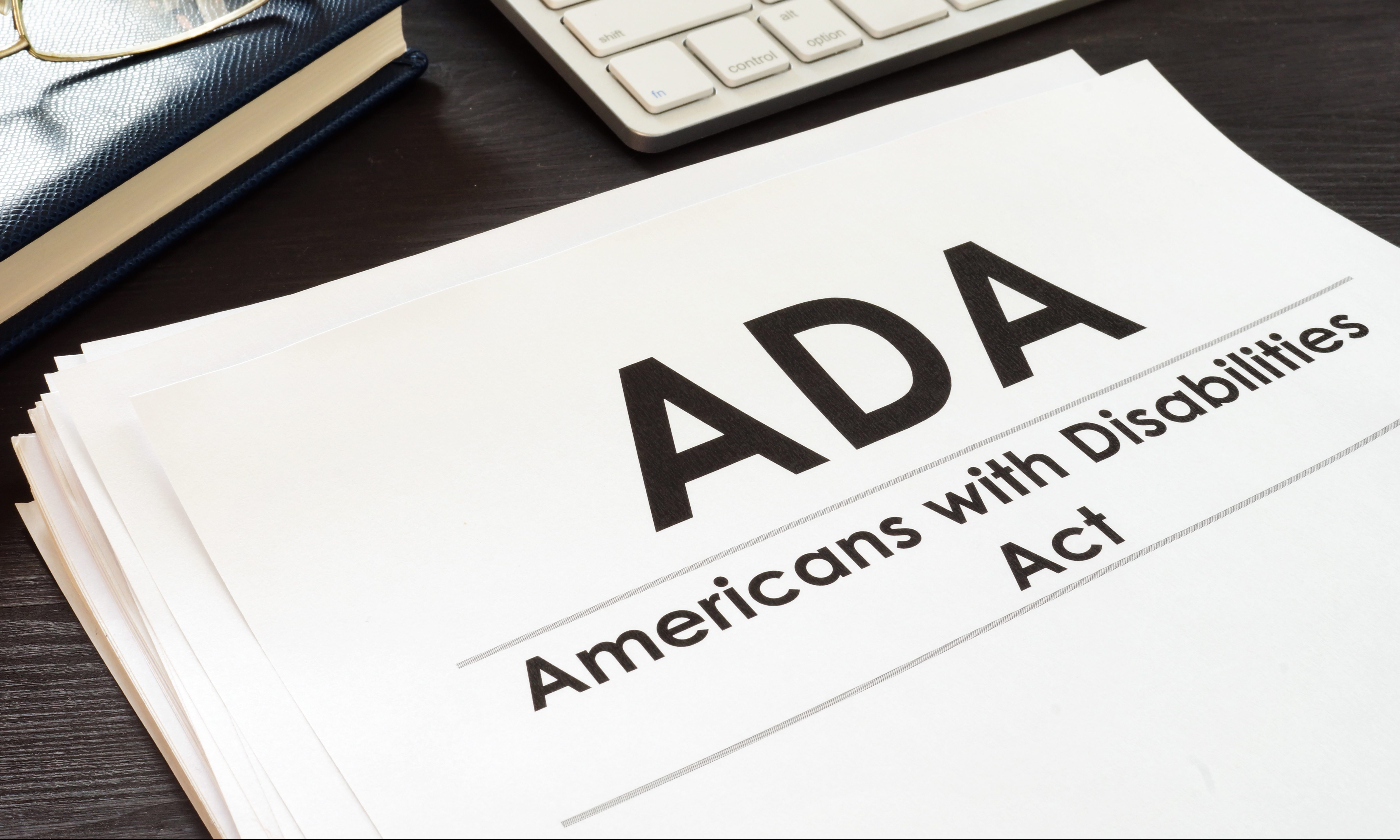|
Getting your Trinity Audio player ready...
|
The Justice Department and Consumer Financial Protection Bureau (CFPB) announced Tuesday that Fairway Independent Mortgage Corporation (Fairway) has agreed to pay $8 million and a $1.9 million civil money penalty to resolve allegations that it engaged in a pattern or practice of lending discrimination by redlining predominantly Black neighborhoods in and around Birmingham, Alabama.
Redlining is an illegal practice by which lenders avoid providing credit services to individuals living in communities of color because of the race, color, or national origin of residents in those communities.
With this settlement, the Justice Department’s Combating Redlining Initiative surpassed $150 million in relief for communities of color nationwide that have experienced lending discrimination. This settlement marks the Justice Department’s 15th redlining settlement in three years. Under the Combating Redlining Initiative, the Department has secured a historic amount of relief that is expected to generate over $1 billion in investment in communities of color in places such as Houston; Memphis; Los Angeles; Philadelphia; and Birmingham.
“This settlement, and the over $150 million in relief the Justice Department has secured for communities across the country through our Combating Redlining Initiative, will help to ensure that future generations of Americans inherit a legacy of home ownership that they too often have been denied,” said Attorney General Merrick B. Garland. “This case is a reminder that redlining is not a relic of the past, and the Justice Department will continue to work urgently to combat lending discrimination wherever it arises and to secure relief for the communities harmed by it.”
The Justice Department and CFPB allege that Fairway illegally redlined Black neighborhoods in Birmingham, including through its marketing and sales actions, and discouraged residents of those neighborhoods from applying for mortgage loans. The settlement announced today requires Fairway to provide $7 million for a loan subsidy program to offer affordable home purchase, refinance, and home improvement loans in Birmingham’s majority-Black neighborhoods, invest an additional $1 million in programs to support that loan subsidy fund, and pay a $1.9 million civil penalty to the CFPB’s victims relief fund.
This case is the third redlining enforcement action brought jointly by the Justice Department and the CFPB under the initiative, highlighting the strong partnership between the agencies to root out and address lending discrimination.
“Birmingham lies at the heart of our nation’s civil rights struggle but is also a community that bears the legacy of discriminatory redlining and other exclusionary policies,” said Assistant Attorney General Kristen Clarke of the Justice Department’s Civil Rights Division. “This settlement will provide Birmingham’s Black neighborhoods with the access to credit they have long been denied and increase opportunities for homeownership and generational wealth. This settlement makes clear our intent to uproot modern-day redlining in every corner of the country, including in the deep South. With more than $150 million in total relief secured in three short years, our Combating Redlining Initiative is generating real economic opportunity for communities of color while sending a strong message to mortgage lenders, no matter their business model, that discriminatory lending will not be tolerated in America.”
“The settlement reached with Fairway Mortgage is a win for communities of color here in Birmingham that have historically been denied access to vital economic resources,” said U.S. Attorney Prim Escalona for the Northern District of Alabama. “Our office is committed to ensuring that these communities have equal access to housing and credit resources.”
“The CFPB and Justice Department are holding Fairway accountable for redlining Black neighborhoods,” said CFPB Director Rohit Chopra. “Fairway’s unlawful redlining discouraged families from seeking loans for homes in Birmingham’s Black neighborhoods.”
Fairway is a non-depository mortgage company headquartered in Madison, Wisconsin. In 2022, Fairway was the nation’s fifth-largest lender by origination volume and ninth-largest by application volume. Fairway operates in the Birmingham area under the trade name MortgageBanc.
The complaint describes how Fairway redlined majority-Black neighborhoods in the Birmingham Metropolitan Statistical Area (Birmingham MSA). During the period covered by the complaint, the Birmingham MSA included six counties in north central Alabama with a combined population of about 1.1 million. While Fairway claimed to serve the entire metropolitan area, it concentrated all its retail loan offices in majority-white areas, directed less than 3 percent of its direct mail advertising to consumers in majority-Black areas, and for years discouraged homeownership in majority-Black areas by generating loan applications at a rate far below its peer institutions.
The Justice Department and CFPB allege that Fairway violated the Fair Housing Act, Equal Credit Opportunity Act, and Consumer Financial Protection Act. Specifically, the government alleges problematic conduct by Fairway including:
- Failing to address known signs of discrimination: Fairway’s own data showed that, since at least 2017, it was failing to serve majority-Black neighborhoods in the Birmingham area, but before October 2022, it took no meaningful actions to address redlining risk. Between 2018 and 2022, only 3.7 percent of Fairway’s applications were for properties in majority-Black areas, compared to 12.2 percent for Fairway’s peer lenders. In other words, Fairway’s peer lenders generated applications for properties in majority-Black areas at over three times the rate of Fairway. This disparity was even higher in neighborhoods with 80 percent or more Black residents, where Fairway made loans at less than one-eighth of the rate of its peer lenders. Despite these figures, Fairway failed to adopt any written plan for marketing or growth to address the concern.
- Redlining Black neighborhoods: From 2015 through 2022, Fairway operated three retail loan offices and three loan production desks within real estate offices in the Birmingham MSA, all of which were in majority-white areas. Fairway also relied on referrals from real estate professionals and its loan officers’ personal contacts to generate applications, and the vast majority of Fairway’s referral sources and referred consumers were located in majority-white areas. Fairway predominantly directed its marketing to majority-white areas and failed to train or incentivize its existing loan officers to better serve majority-Black areas. By taking these actions, Fairway discriminated against, and unlawfully discouraged mortgage loan applications for properties in, majority-Black neighborhoods.
The proposed consent order, which awaits approval by the Federal District Court for the Northern District of Alabama, would require Fairway to:
- Provide $7 million for a loan subsidy program: The order would require Fairway to offer home purchase, refinance, and home improvement loans on a more affordable basis than otherwise available in majority-Black neighborhoods in the Birmingham MSA. The program may provide lower interest rates, down payment assistance, closing cost assistance, or payment of initial mortgage insurance premiums.
- Invest at least $1 million in redlined neighborhoods: Fairway would be required to open or acquire a new loan production office or full-service retail office in a majority-Black neighborhood in the Birmingham MSA. The company must also spend at least $500,000 on advertising and outreach, at least $250,000 on consumer financial education, and at least $250,000 on partnerships with one or more community-based or governmental organizations to serve the affected neighborhoods.
- Pay a $1.9 million penalty: The proposed order imposes a $1.9 million civil penalty against Fairway, which would be paid into the CFPB’s Civil Penalty Fund, also referred to as the victims’ relief fund.
Information about the Justice Department’s fair lending enforcement work can be found at www.justice.gov/fairhousing. Individuals may report lending discrimination by calling the Justice Department’s housing discrimination tip line at 1-833-591-0291 or submitting a report online.
Consumers can submit complaints about financial products and services by visiting the CFPB’s website or by calling (855) 411-CFPB (2372).
Employees who believe their company has violated federal consumer financial protection laws are encouraged to send information about what they know to whistleblower@cfpb.gov. To learn more about reporting potential industry misconduct, visit the CFPB’s website.




















































